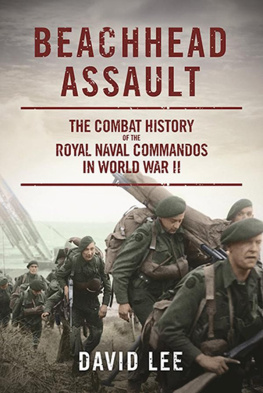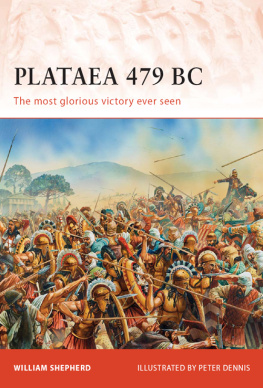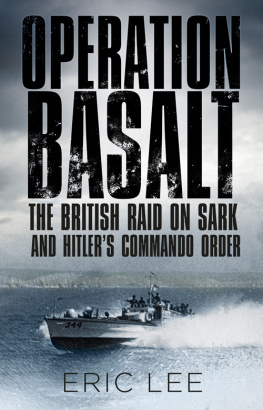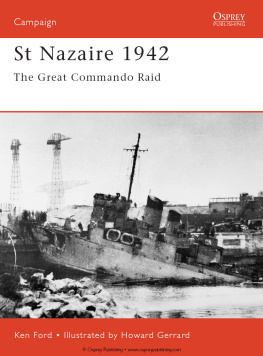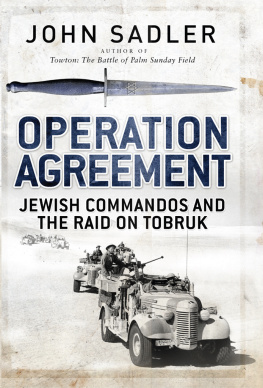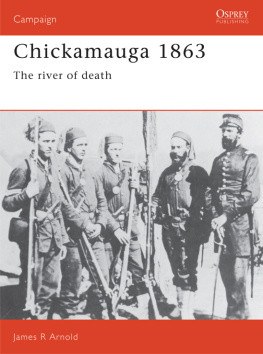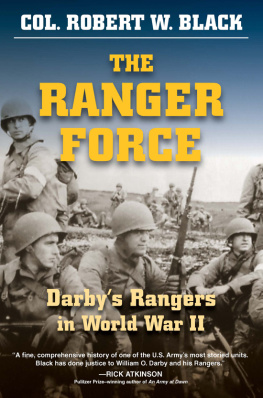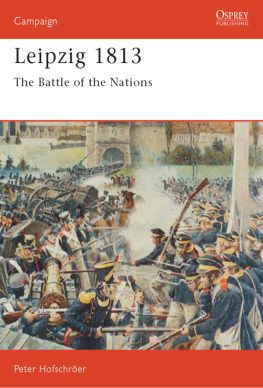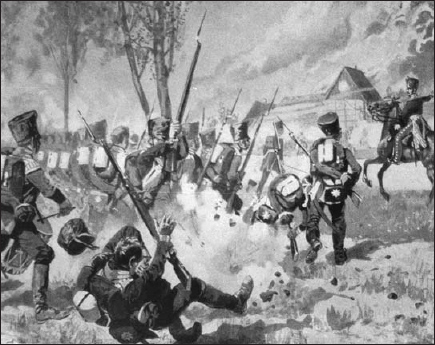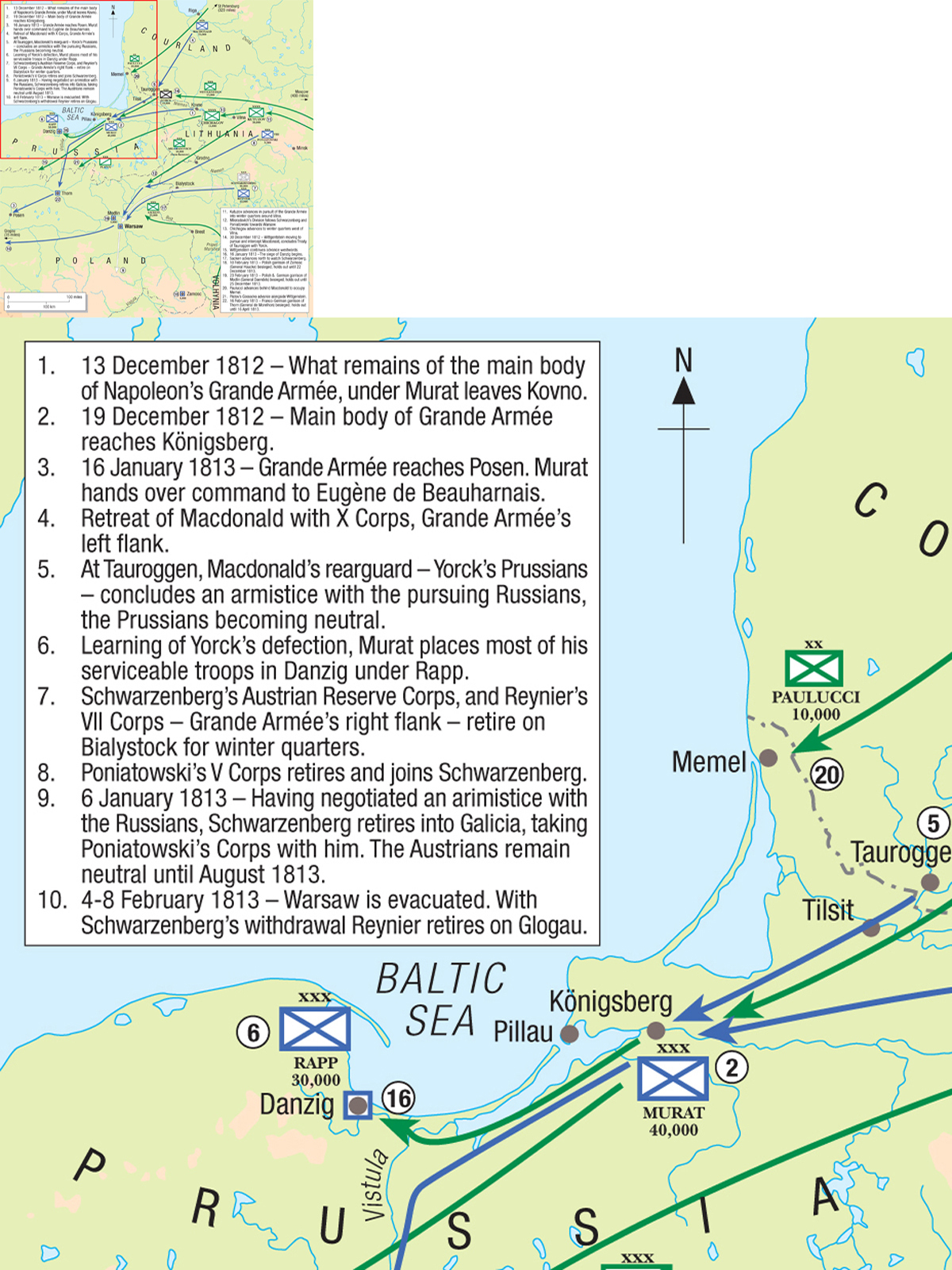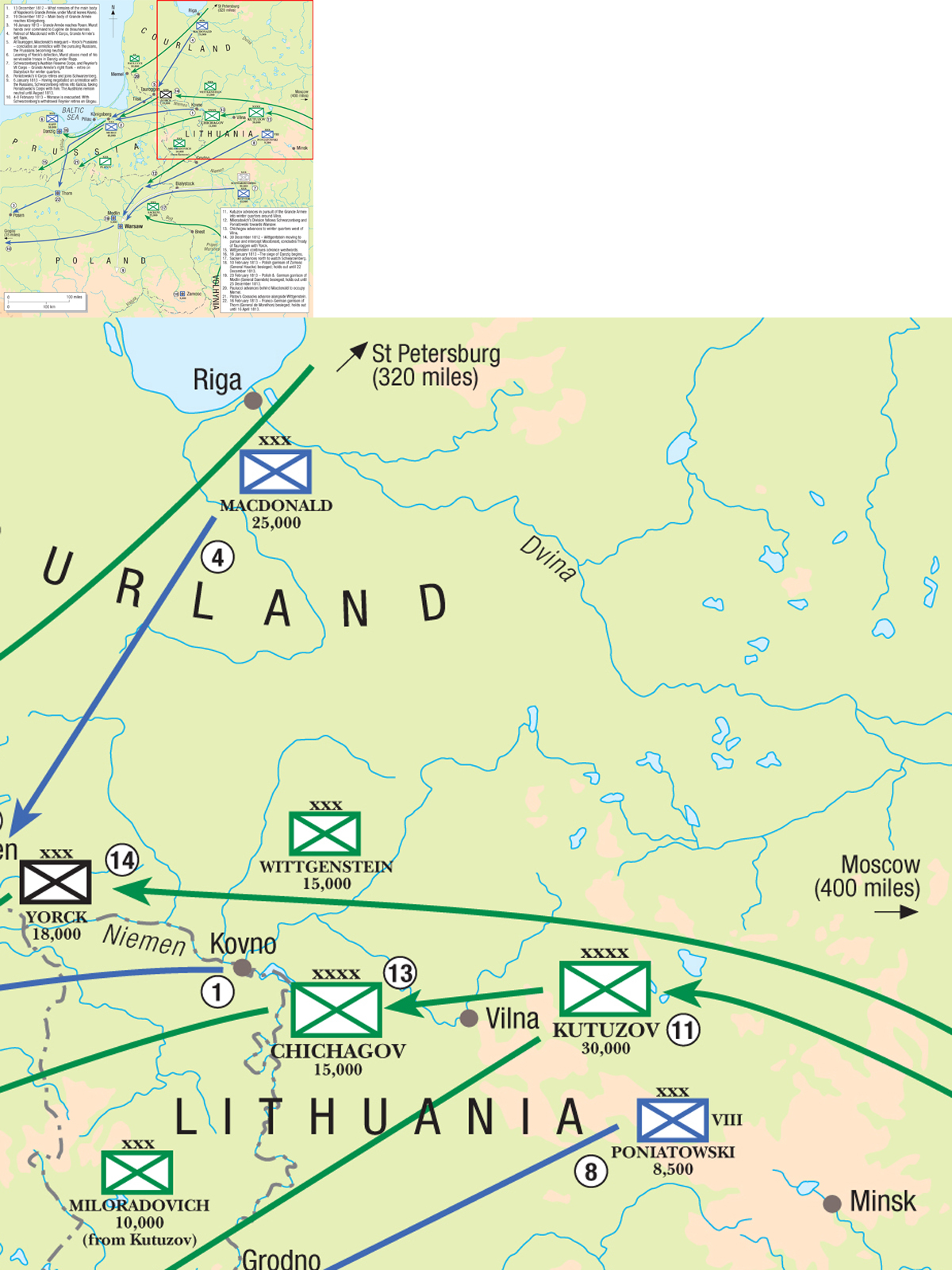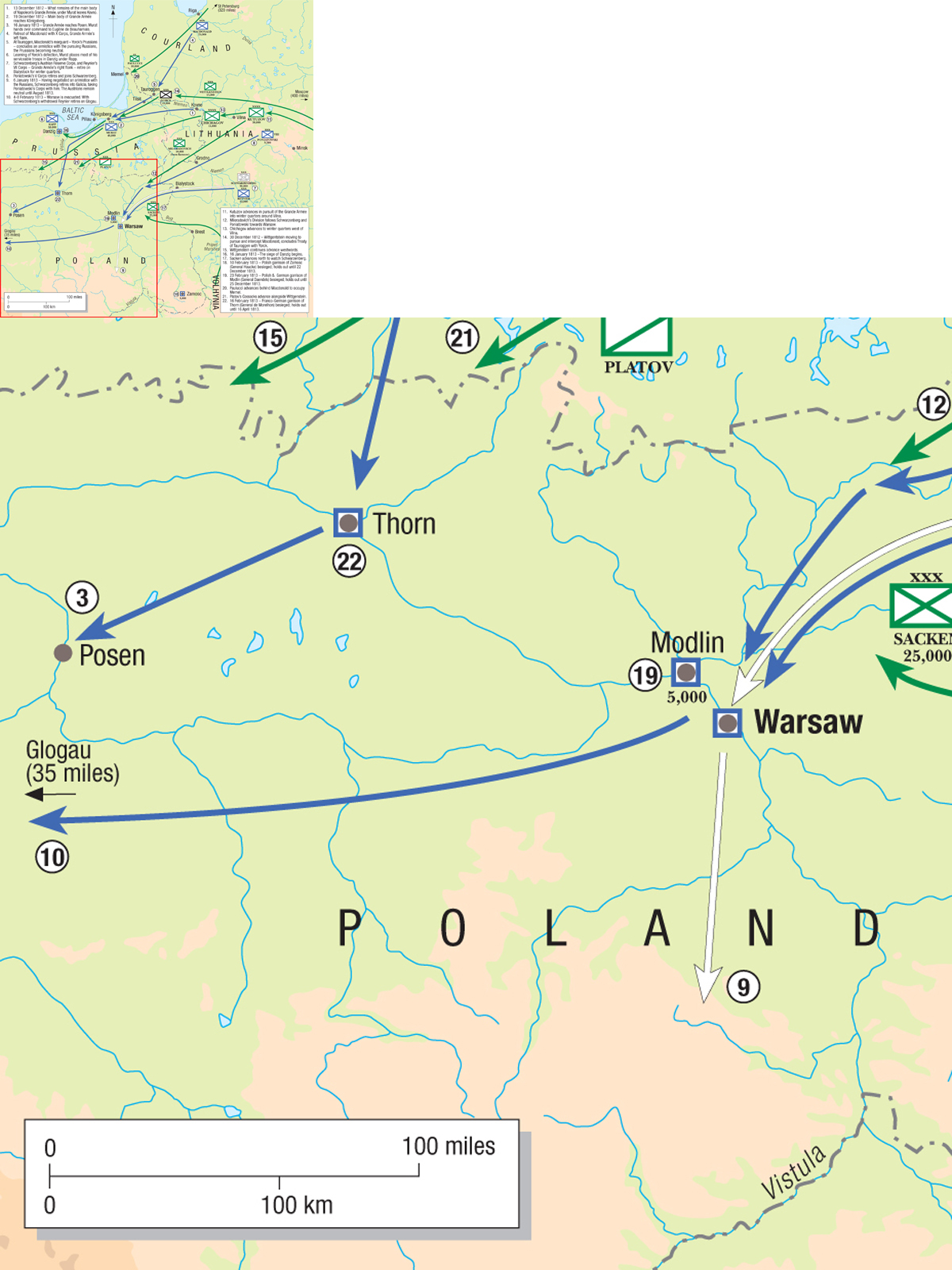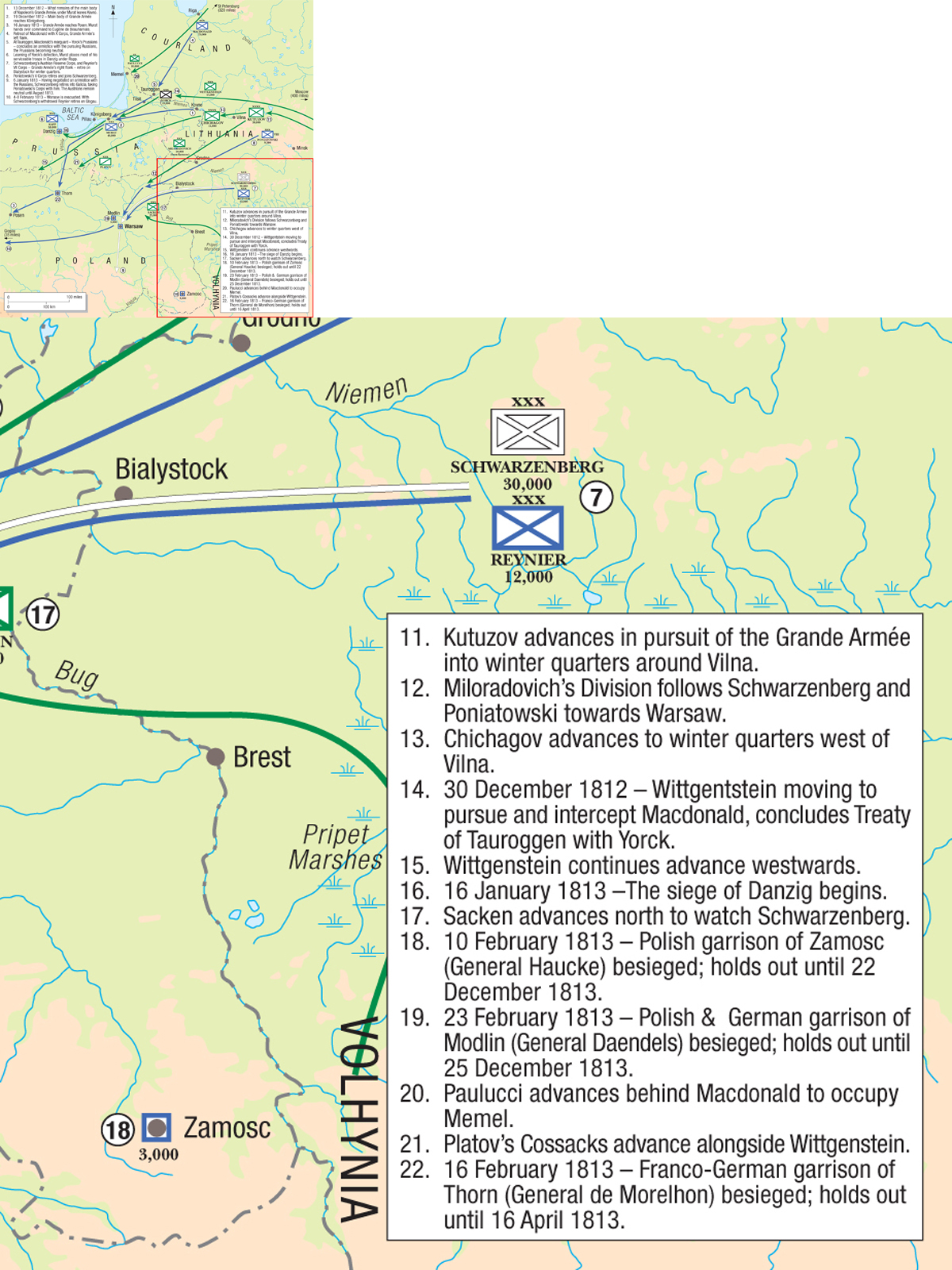Campaign 87
Ltzen & Bautzen 1813
The turning point
Peter Hofschrer Illustrated by Christa Hook
Series editor Lee Johnson Consultant editor David G Chandler
CONTENTS
INTRODUCTION
POLAND & GERMANY AFTERMATH OF THE RUSSIAN CAMPAIGN
Napoleon in 1813. Leaving his army to face its fate at the end of 1812, Napoleon returned to France to set about rebuilding his shattered forces to attempt to maintain his hold of Central Europe. He displayed considerable energy and organisational skills. (Painting by Amable-Louis-Claude Pagnest)
B y the spring of 1813, Europe had been at war more or less continuously for two decades. The original cause of this instability had been the French Revolution, which had started in 1789. A certain French artillery officer of Corsican origins, one Napoleone Buonaparte, as he was then known, used the opportunity presented to gain power in France. He eventually crowned himself Emperor in 1804. Not satisfied with ruling one country, Emperor Napoleon engaged in wars of aggression, conquering and subjugating Italy, Austria and Germany. In Germany, these wars caused the collapse of the First Reich, otherwise known as the Holy Roman Empire of the German Nation. Much of Europe became his sphere of influence. Dominating Central Europe, Napoleon then came to an agreement with Russia, leaving Britain the only country still defying him in Europe. However, Britain was, thanks to her naval superiority, safe from invasion. This was due in part to Nelsons victory at Trafalgar in 1805.
Unable to gain control of the seas, Napoleon tried to force Britain into line by adopting the so-called Continental System. This was an attempt at blockade in reverse. Napoleon decreed that the nations of the Continent of Europe should not trade with Britain, hoping thereby to damage Britains economy severely. Instead, Europes traders felt themselves put at a disadvantage. The Russians, due to their relatively underdeveloped economy, suffered the most, and they soon breached the Continental System. The invasion of 1812 was in part an attempt to bring Czar Alexander back into line.
Napoleon was essentially a dictator who owed his power to popular consent. The populace of France was happy to give its consent as long as Napoleon brought France fame, victories and above all plunder. To avoid unpopularity at home, Napoleon always tried to place as much as possible of the burden of his military conquests on the shoulders of the other nations of Europe. His armies pillaged wherever they went, constantly sending back riches and trophies of war to Paris. Germany in particular suffered severely from this plundering. Prussia had to pay a massive indemnity to France after the catastrophic defeats of 1806, which greatly impoverished the country. Without the resources of Central Europe to fuel his military machine, Napoleon would have been forced to draw more heavily on those of France. Napoleon needed the resources of Central Europe to sustain his dictatorship. His domination of Germany was of vital importance to the continuation of his dynasty.
As far as the other powers of continental Europe were concerned, the fate of Germany would determine the fate of Europe. The Czar of Russia wanted to extent his sphere of influence ever further westwards. The Emperor of Austria wanted to see the German States re-formed into the old First Reich, under Austrian domination. Meanwhile, Czar Alexander groomed King Frederick William III of Prussia to act as his protg in Germany. The Austrian Emperor Francis I, while wanting to see Napoleon thrown out of Germany, did not want to see Alexander step into his boots. Initially, Francis, acting on advice from the great statesman Metternich, hesitated. He awaited events before committing himself, only doing so in the autumn of 1813. Russias Great Patriotic War of 1812 became Germanys War of Liberation of 1813. This led to Napoleons First Abdication of 1814 and the collapse of his Empire.
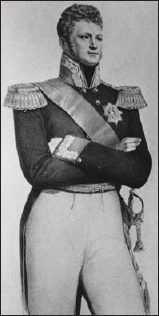
Alexander I, Czar of Russia. Once Napoleon had been driven out of Russia, the Czars forces moved into Central Europe. Alexander saw himself as a liberator. (Lithograph by Katzler)
Background to the Campaign
The army that Napoleon assembled for the 1812 Campaign was at the time the largest ever assembled in history. It marched into Russia in 1812, but only a shattered remnant returned. Napoleon, until then at the peak of his power, rushed back to Paris to deal with a possible uprising against his regime. He left one of his lieutenants, Eugne de Beauharnais, to safeguard his interests in Germany. Meanwhile, Napoleon stabilised his position at home and then began to rebuild his depleted military forces. The Russians too needed time to repair and rebuild their exhausted army before daring to advance into Central Europe. The consequences of the French disaster on the situation in Germany were now becoming apparent. The King of Prussia, Frederick William III, procrastinated, believing the time not yet ripe to make a stand against the oppressor of his kingdom. The first to strike a blow against the Corsican tyrant was the Prussian General Yorck. He was the commander of the Prussian Auxiliary Corps, a body of some 20,000 men Prussia had been obliged to contribute to Napoleons 1812 expedition. During the French retreat Yorck had managed to detach himself from the rest of the Grande Arme and then commenced negotiations with Diebitsch, the commander of the Russian forces in the area. They agreed to the Convention of Tauroggen on 30 December 1812 which neutralised this Prussian contingent. Yorcks Corps then occupied East Prussia in collaboration with the Czars forces. Here, it formed the core of an anti-Napoleonic rebellion. While Prussia officially adopted a course of hesitant neutrality, one of its provinces had de facto declared war against the French. Her king now only needed assurances of Russian support from Czar Alexander before he too threw in his lot with the Russians. Having gained these assurances at a meeting with the Czar in the Prussian province of Silesia in February 1813, Prussia officially declared war on France in March of that year. The stage was now set for the Spring Campaign of 1813.
Many historians regard the winter of 1812 as marking the turning point in Napoleons domination of the Continent of Europe. The demise of his Grande Arme of 600,000 men in the dust and snow of Russia meant that he would never again be able to attempt to dominate that country. However, until he suffered a decisive military defeat in Central Europe, Napoleon remained a power to be reckoned with. The rapidity with which he replaced his lost forces during the winter of 181213 demonstrated this amply. While the rest of Europe hesitated to challenge the wobbling throne of the Emperor of France, Napoleon set about filling the vacuum that appeared in the aftermath of the Russian disaster. He marched into Germany early in 1813 at the head of a new army, determined to re-establish his hegemony in Central Europe. It appeared only the brave or foolhardy risked standing against him. Napoleon was confronted by a force of Russian and Prussian troops inferior in numbers to his own. They were however determined to bring Napoleon to battle and defeat him. In the spring of 1813 they were to come within a hairs breadth of achieving this aim. Both major battles were bloody and bitter affairs, and although Napoleon won tactical victories, driving back his adversaries on both occasions, the spring campaign of 1813 marked the strategic turning point in Napoleonic Europe. If Napoleon could not defeat the Russians and Prussians with his superior numbers, then Europe had, at last, the chance of bringing the tyrant to bay. This would require the formation of another great coalition of Frances enemies, but Russia and Prussia had cracked Napoleons mask of invincibility. From the spring of 1813 the tide began to run ever more strongly against Bonaparte he had lost his last real chance of preserving his dynasty.
Next page

